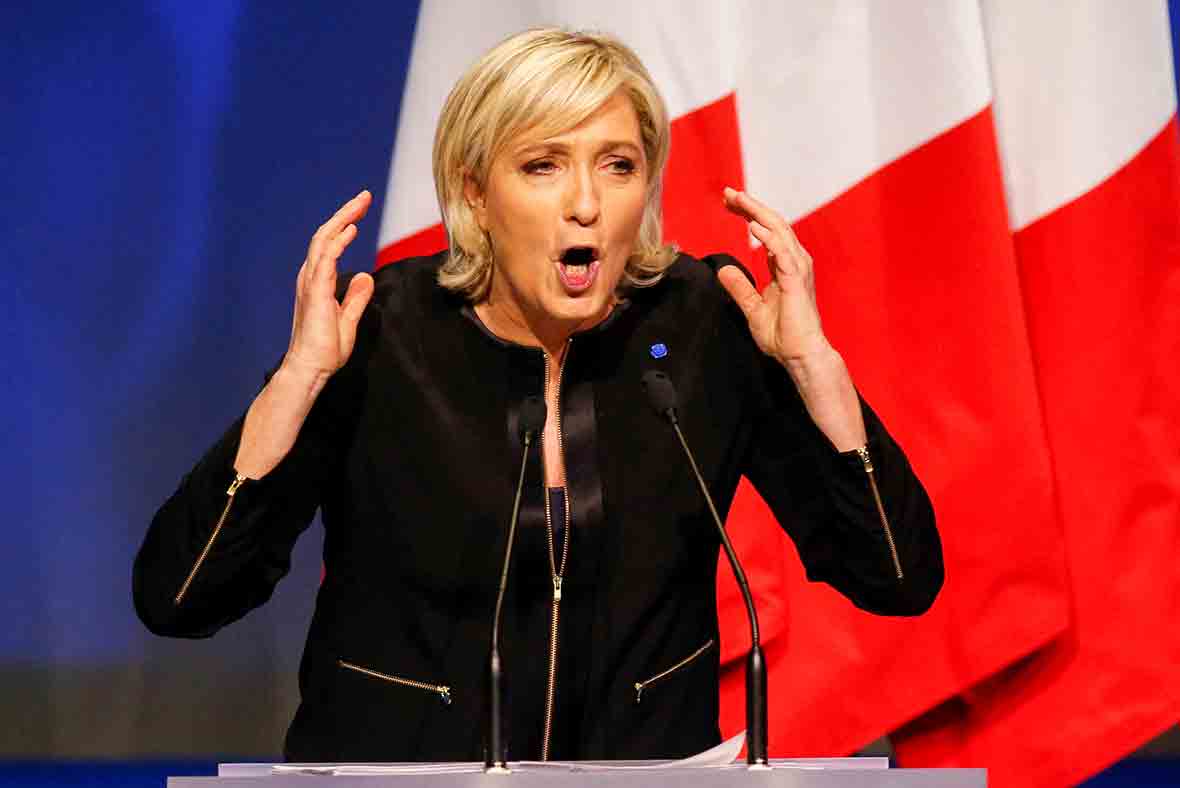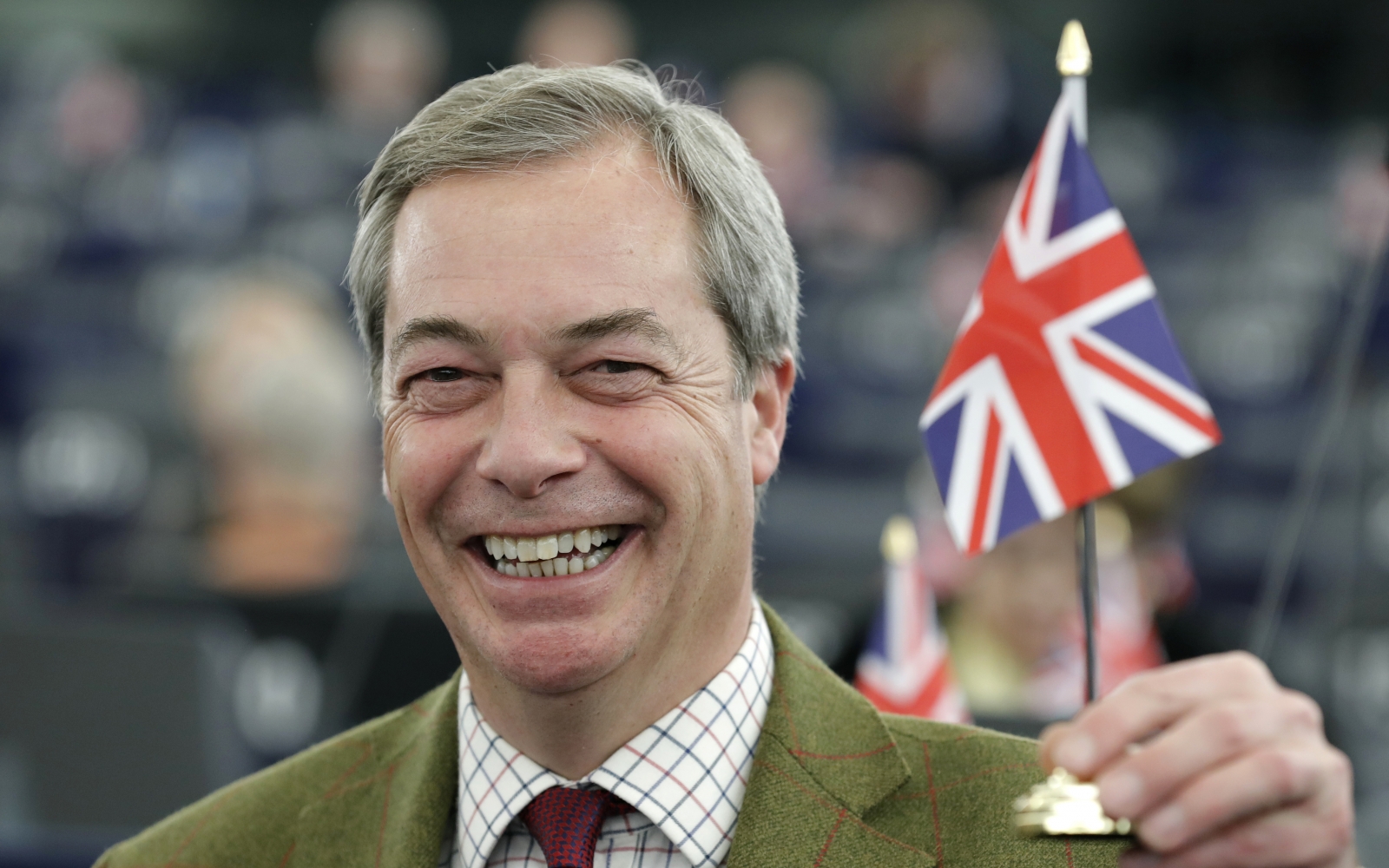A new Entente Cordiale? Le Pen, Brexit Britain and the prospect of war
Would a Le Pen presidency destroy the EU and usher in a return to the pre-Second World War power blocs?
In the run-up to the French election Marine Le Pen has several times declared her wish not to see Britain punished for leaving the European Union (EU). Commentators have described her attitude as wanting to usher in a new Entente Cordiale – but what does that mean?
The Entente Cordiale was an agreement signed between Britain and France on 8 April 1904, putting to bed a number of territorial disputes in their colonies and enabling the two nations to form an effective diplomatic alliance against Germany.
In contrast to President François Hollande, who has said that Britain must "pay a price" for leaving the EU thereby disincentivizing any other would-be deserters, Le Pen told The Daily Telegraph: "What is the point in punishing a country? It is senseless, unless you think the EU is a prison, and you are condemned if you escape."
Le Pen is invoking the spirit of the Entente Cordiale because she would like to see France following Britain out of the EU. She has promised the French people their own in-out referendum on if she is elected as president on 7 May.
If the British people are seen to suffer as a consequence of the forthcoming self-inflicted legislative and economic upheaval then French appetites to also give Brussels the metaphorical raspberry will diminish. Polls suggest that at the moment more citizens of the Republic are in favour of staying in the EU than leaving it.
But the polls had a terrible 2016 and Le Pen will be hoping their form continues in relation to EU support and her apparent 12-point deficit to scandal-hit François Fillon in the presidential race.
On both questions French attitudes appear to be moving towards Le Pen and the right. The EU, in particular its open borders, which many blame for the surge in terrorist attacks over the last two years, are increasingly lamented.
"A whole psychological framework is breaking down" said Le Pen. "I think 2017 is going to be the year of the grand return of the nation state, the control of borders and currencies."
But when people talk about a new Entente Cordiale it is hard not to detect an undertone of anti-German rhetoric. In the early 1900s, the alliance between France and Britain was largely motivated by the necessity of providing a united front against Germany.


In the build-up to the Second World War the Entente, combined with separate French and British agreements with Russia, created a mutual understanding, known as the Triple Entente, that the three nations were prepared to defend each other against threats from the rival bloc of Germany, Austria-Hungary and Italy.
With Le Pen seemingly conciliatory towards Putin's Russia and openly hostile towards what she regards as an EU over-run by German influence, the prospect of a new Entente Cordiale may not be the only piece of history repeating itself.
© Copyright IBTimes 2025. All rights reserved.





















